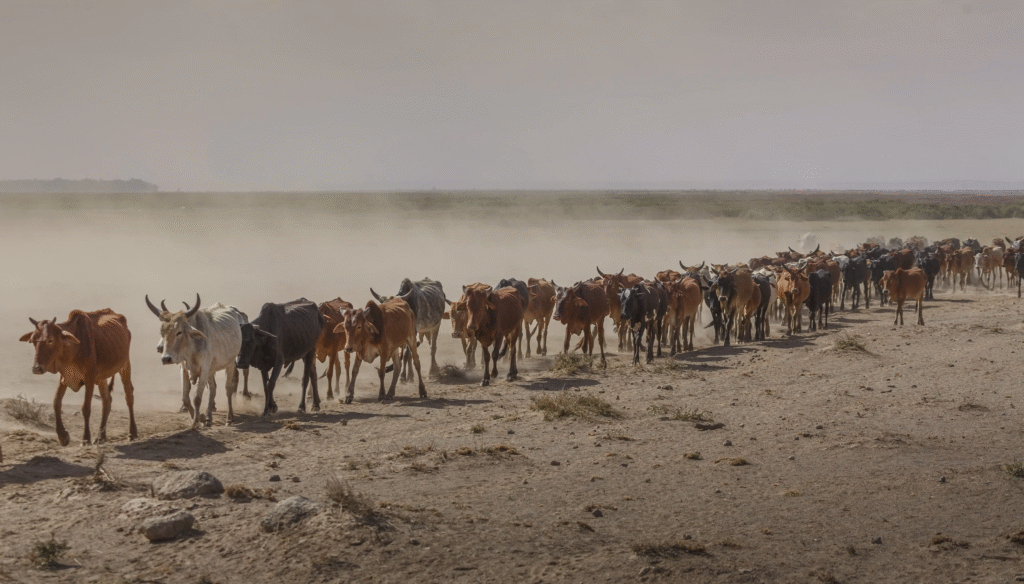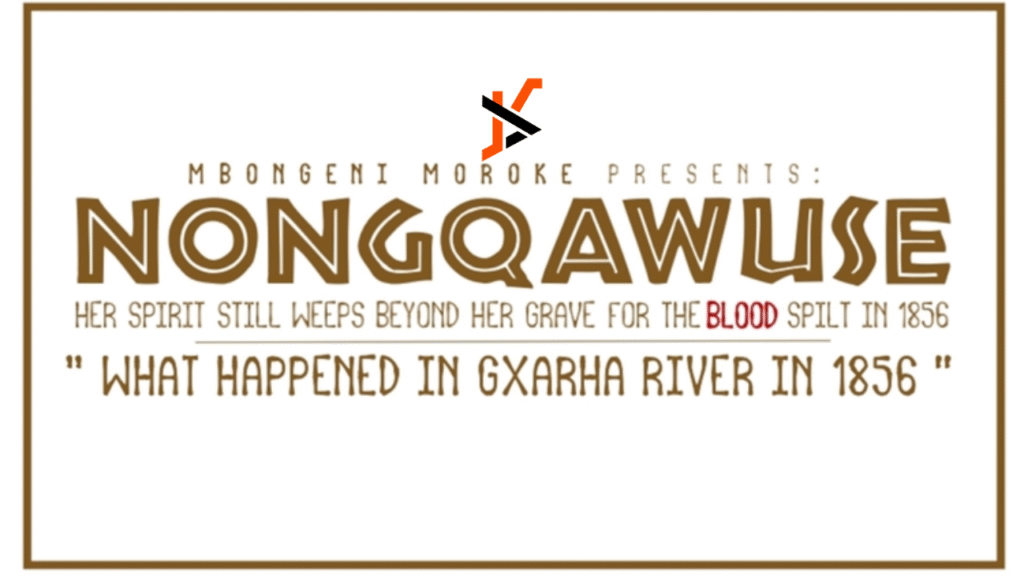Nongqawuse was just a teenage girl when she said something that changed the lives of thousands of people in South Africa. Her words led to one of the most powerful stories in African history. But what made her message so important? Why did people believe her? And how did it all end? This article explores her amazing, tragic story and why it’s still talked about today.
Meet Nongqawuse – The Girl Who Made History
Nongqawuse (pronounced: nong-kwa-woo-say) was a young girl born around 1840 in the Eastern Cape of South Africa. She was part of the Xhosa people, a large and proud group with a long tradition. At that time, the Xhosa were facing many problems. There were wars with the British, their lands were being taken, and their way of life was in danger. Nongqawuse lived during a time when many people were scared, hungry, and unsure about the future.
Her uncle, Mhlakaza, was a respected man and also helped raise her after her parents died. One day, when she was around 15 or 16 years old, Nongqawuse went to fetch water from a river. What happened next would change everything. She came back with a strange and powerful message. A message that would soon reach every corner of the Xhosa world.
What Did Nongqawuse Say?
Nongqawuse said that she had spoken to the spirits of the ancestors—Xhosa people who had died long ago. These spirits told her something very important. They said that if the Xhosa people killed all their cattle and destroyed their crops, something amazing would happen. The ancestors would rise from the dead. The land would become rich and full again. The British colonizers would disappear. And the Xhosa would live in peace and power once more.
The spirits gave a date. Everything had to be done before that day. Only then would the miracle happen. Nongqawuse believed the spirits and told her uncle. He believed her too. Soon, the news began to spread like wildfire.
Why Did People Believe Her?
At first, it may sound strange that people would kill their own animals and stop growing food just because of what a young girl said. But the truth is, people were desperate. They were facing disease, hunger, and war. The Xhosa had already lost many battles and much of their land. The world they knew was disappearing, and they didn’t know what to do.
Life Was Hard Back Then
The British were taking over more and more land. The Xhosa were being pushed into smaller areas. Their cattle were getting sick with a disease called “lung sickness.” Many people were dying. There was not enough food, and the future looked dark. People were tired and afraid.

Hope Was All They Had
When Nongqawuse shared her message, it gave people hope. Even though the message was hard to follow—killing your own food and animals—it also offered something powerful: a way out. People thought that maybe this was their chance to take back their land, bring their loved ones back from the dead, and rebuild a better life.
The Power of Belief
In many cultures, including the Xhosa, there is a strong belief in ancestors and spiritual guidance. When Nongqawuse said that the ancestors spoke to her, many people trusted her. She was young and honest. She wasn’t trying to get rich or gain power. She simply believed what she had seen and heard. Her belief helped others believe too.
What Happened After They Followed Her Message?
As the message spread, thousands of Xhosa people began to act. They killed over 400,000 cattle. They destroyed food supplies. They stopped planting crops. All of this was done in the belief that the ancestors would return and make the land full of life again.
But when the day came—the day the miracle was supposed to happen—nothing did. The sun rose, but no ancestors returned. The British didn’t leave. The land didn’t grow full again. And worst of all, there was no food. Many people who had destroyed their cattle were now starving.
The miracle never came.
How Did This Affect the People?
The result was one of the worst famines in African history. It’s believed that over 40,000 people died from hunger. Thousands more had to leave their homes to work for the British in order to survive. The Xhosa lost not only their food but also their freedom. This time became known as the “Cattle-Killing Movement,” and it left deep pain that lasted for generations.
People blamed each other. Some blamed Nongqawuse. Others blamed the leaders who supported her. Some even blamed those who didn’t believe and said that was why the miracle didn’t happen. The Xhosa nation was broken. It would never be the same again.
What Happened to Nongqawuse Later?
After everything happened, many people were angry with Nongqawuse. She was taken away by colonial authorities and lived under watch. Some say she was sent to Robben Island (where Nelson Mandela would later be jailed), while others say she lived quietly on a farm. Either way, she disappeared from public life.

She Was Still Very Young
It’s important to remember that Nongqawuse was just a teenager. She didn’t mean to hurt anyone. She believed what she had seen and heard. In her mind, she was helping her people. She wasn’t trying to trick them or lead them into danger. Like many others, she hoped for a better future.
She Didn’t Want to Hurt Anyone
Some people say that Nongqawuse didn’t ask people to do these things out of greed or evil. She truly thought she was helping. Her actions came from faith, not from lies. That doesn’t mean there were no consequences—but it does mean we should try to understand her, not just blame her.
What Can We Learn from Her Story?
Nongqawuse’s story teaches us about belief, hope, and the danger of desperation. When people are suffering, they will hold onto any hope—even if it seems strange or risky. It also teaches us about the power of one voice. Nongqawuse was just a girl, but her message changed everything. Her story reminds us to think carefully, ask questions, and try to understand the full picture before making big decisions.
Why Do People Still Talk About Nongqawuse Today?
Even today, more than 150 years later, people still talk about Nongqawuse. Her story is told in schools, books, films, and museums. Historians still debate whether she was a hero, a victim, or something in between. In South Africa, she is a symbol of lost hope—but also of deep belief and the power of the human spirit.
People also talk about her story because it connects to big ideas like colonialism, faith, resistance, and survival. Her message, and what happened after it, are part of the history of South Africa—and a lesson for the whole world.
The Bottom Line
Nongqawuse was just a young girl when she shared a message that would shape the future of an entire people. Her vision of hope led thousands to make a huge sacrifice, and sadly, it ended in disaster. But her story is not just about failure. It’s about courage, belief, and the painful choices people make when they have nothing left.
Today, we remember Nongqawuse not to judge her, but to learn from her. We learn how powerful words can be, especially in times of fear. We learn how important it is to think, to ask, and to be careful about what we believe. And most of all, we learn that even one voice—young and small—can echo through history.

